Mammalian Milk Contains Antibodies That Are Produced By The Mother's Immune System
Mammalian milk contains antibodies that are produced by the mother's immune system. This maternal protection is a crucial support for the infant immune system during its development but it does not cover everything. They include lysozyme 61 transferrins 61 62 and. Microbiota interacts with the infants immune system by stimulating the mucous layer down-regulating the inflammatory response producing antibodies and helping initiate oral tolerance.
A Breast milk contains antibodies and protects babies by giving them active immunity. This substance has been likened to lactation in mammals and is referred to as pigeon milk. This suggests that like mammalian milk it plays a key role in enhancing the immune system of the developing baby Both female and male pigeons produce a nutrient rich substance in their crop to feed their young squabs.
Mothers own milk is considered to be the best source of infant nutrition 1. These proteins help to balance the immune system inflammatory response which is needed for immune function but can be damaging in excess. Breast milk contains high concentration of secretory antibodies mainly IgA with a broad range of specificities reflecting.
Therefore these antibodies in the milk are primarily directed against the microbes in the. While developing this immune system the breast-fed baby is provided with 025-05 grams per day of secretory IgA antibodies via the milk. Like TCRs antibodies are adapted to specific infections by selection from a pool of randomly generated candidates through a series of selection steps called affinity maturation that promote optimal function Figure 7.
Mothers can pass on antibodies against diseases. These antibodies which function in concert with other defense factors in milk such as lactoferrin are directed against a number of micro-organisms that threaten the neonate. Immune factors in milkincluding antibodies and other proteins white blood cells and even commensal microbesprotect infants against infections and may prevent allergies.
Theres even evidence that nursing mothers who are vaccinated against COVID-19 can pass along antibodies. Mammalian milk also contains a sugar lactose and may contain proteins protein A protein B. During the last 3 months of pregnancy antibodies from mothers are passed to their unborn babies through the placenta.
These include lactoferrin and interleukin-6 -8 and -10. We know that breastfeeding is good for childrens health in many ways.
The antioxidant and immune boosting factors also increase the chances of the young ones surviving.
Breast milk contains high concentration of secretory antibodies mainly IgA with a broad range of specificities reflecting. B Injections of antibodies give passive immunity against the disease scurvy. Mothers milk gives babies antibodies along with microbes to support the infants gut immune responses new research says. This type of immunity is called passive immunity because the baby has been given antibodies rather than making them itself. Mammalian milk contains antibodies that are produced by the mothers immune system and passed to offspring during feeding. Understanding how the immune system of milk responds to microbes is. D Injections of antibodies give passive immunity against some pathogens. Mothers own milk is considered to be the best source of infant nutrition 1. This maternal protection is a crucial support for the infant immune system during its development but it does not cover everything.
Extensive evidence has shown that breast milk contains a variety of bioactive agents that modify the function of the gastrointestinal tract and the immune system as well as in brain development. D Injections of antibodies give passive immunity against some pathogens. This substance has been likened to lactation in mammals and is referred to as pigeon milk. Microbiota interacts with the infants immune system by stimulating the mucous layer down-regulating the inflammatory response producing antibodies and helping initiate oral tolerance. This suggests that like mammalian milk it plays a key role in enhancing the immune system of the developing baby Both female and male pigeons produce a nutrient rich substance in their crop to feed their young squabs. Other factors in breast milk directly stimulate and support the immune system. Milk immunoglobulins and complement factors Hannu Korhonen1 P.
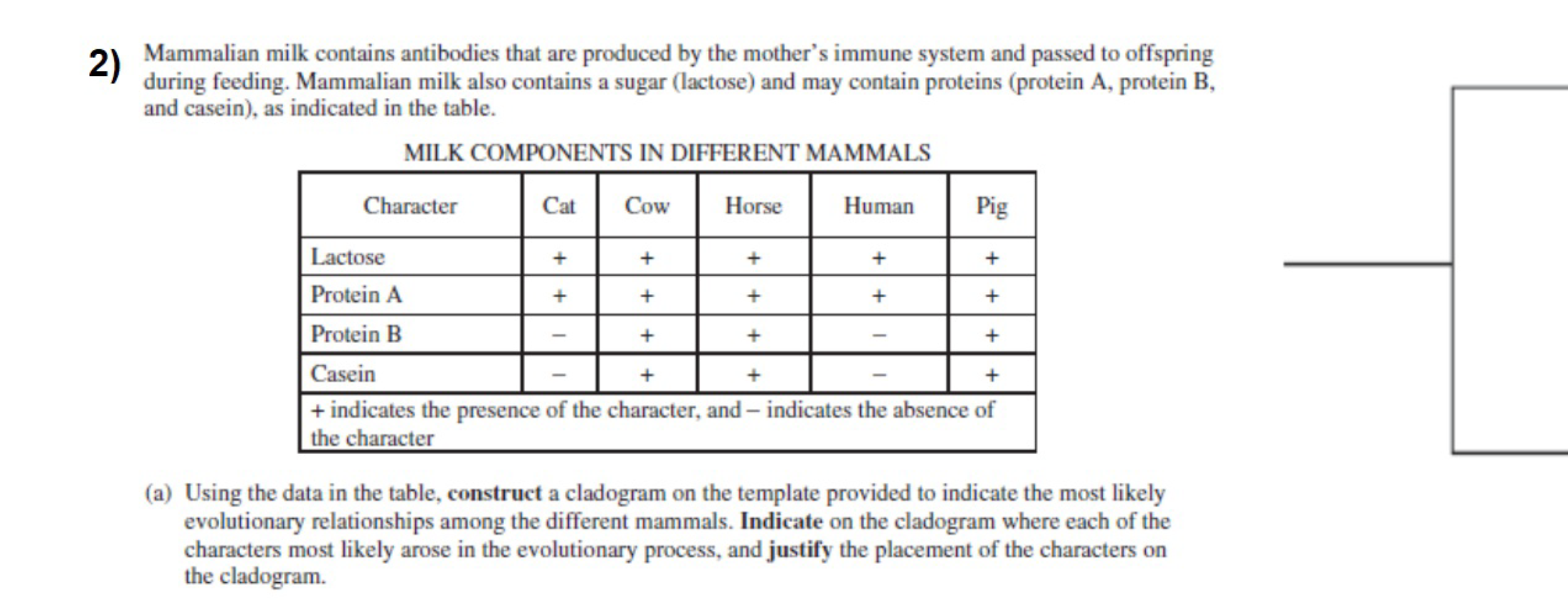



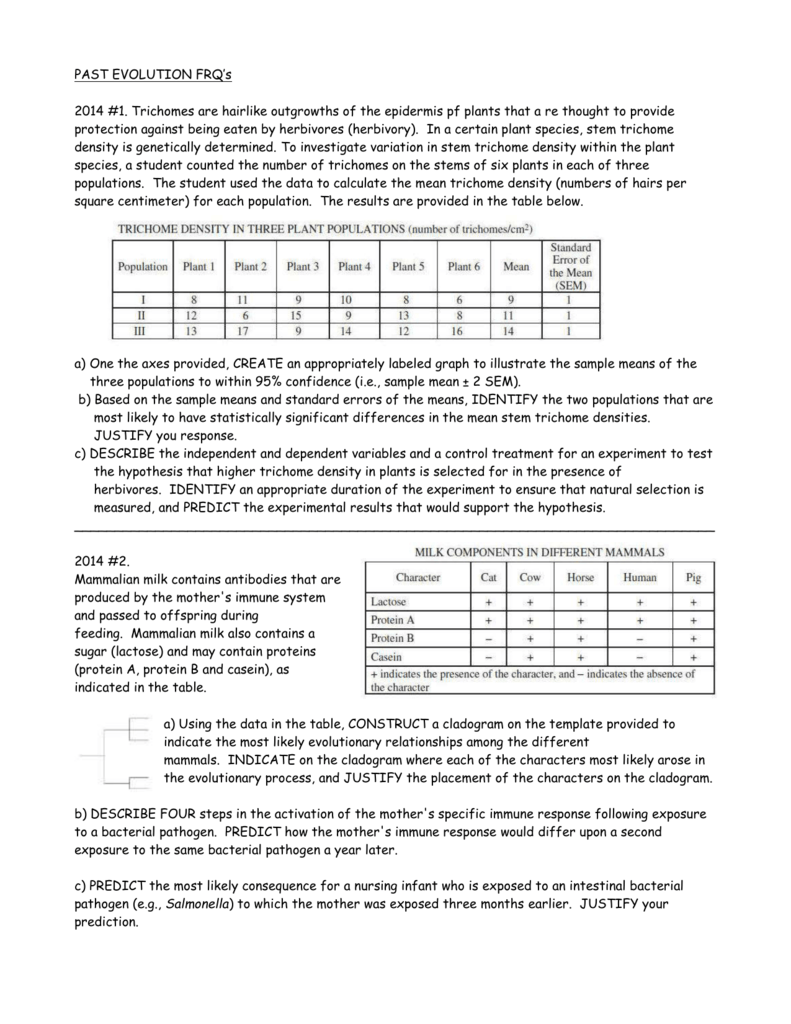
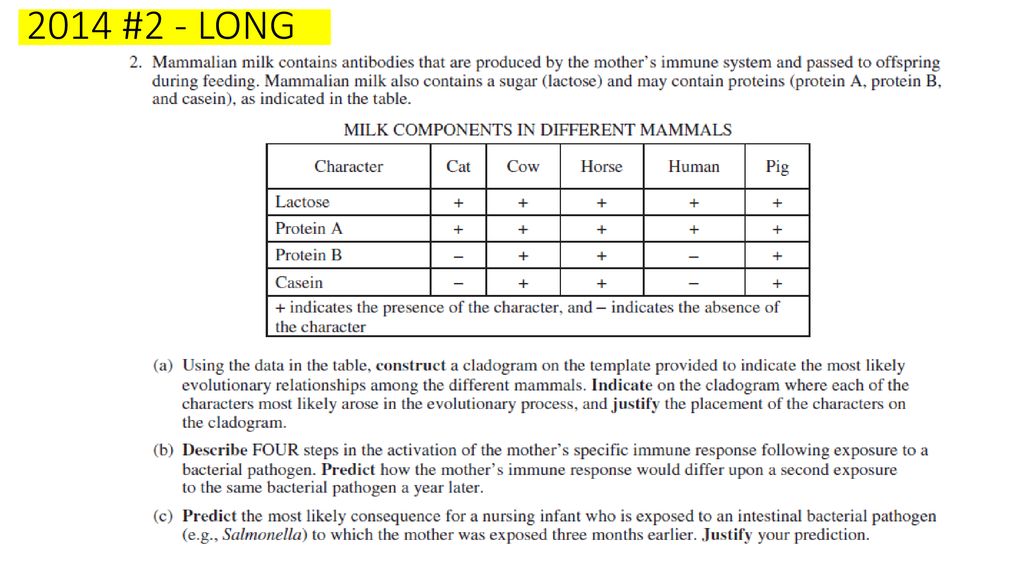

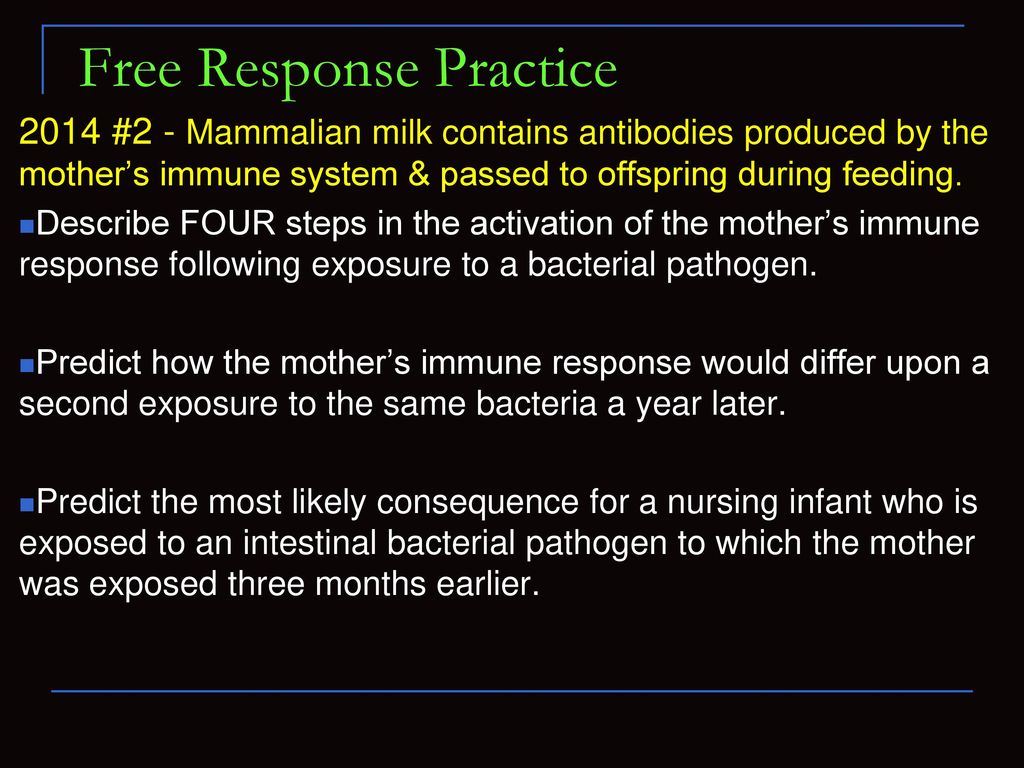
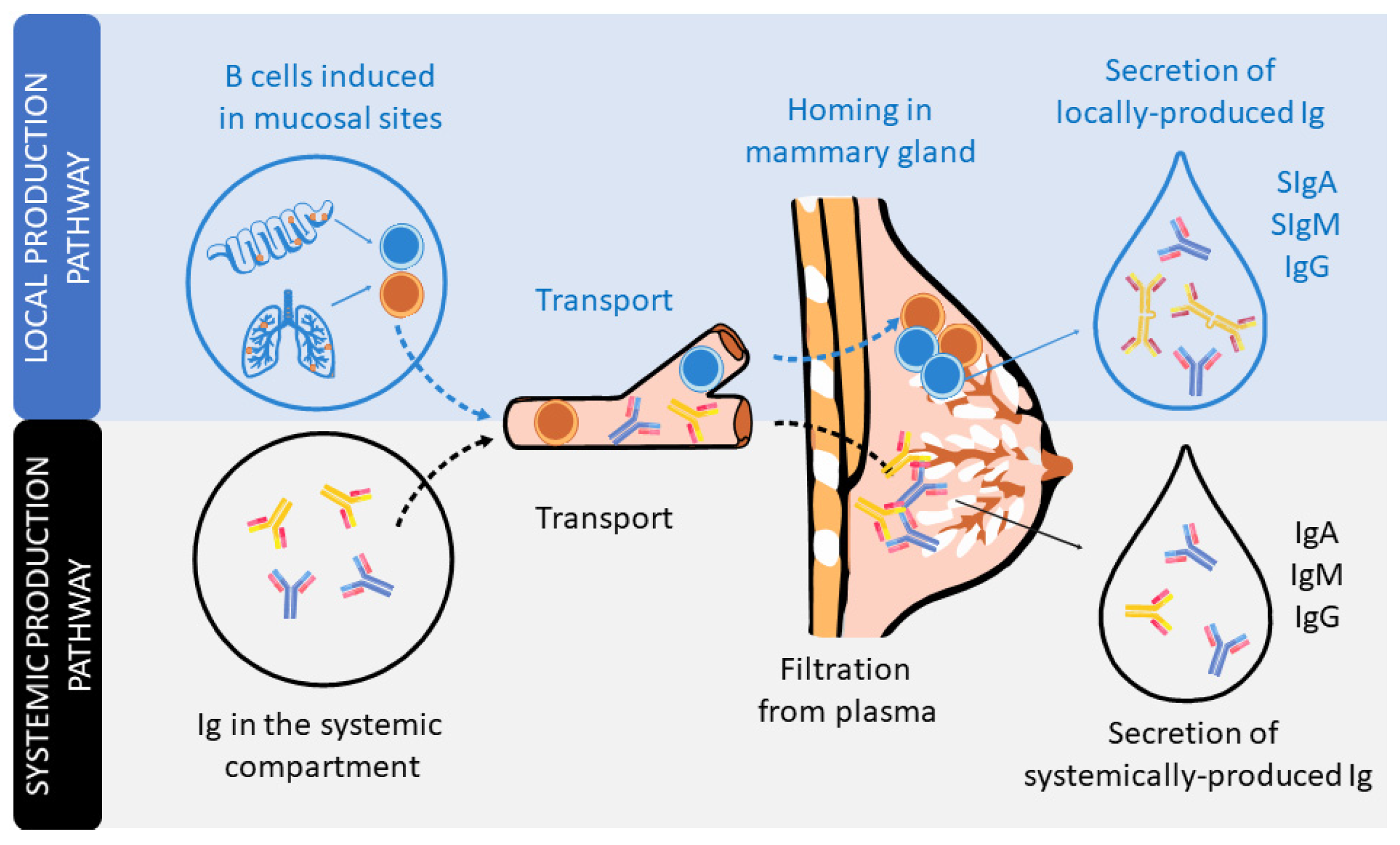

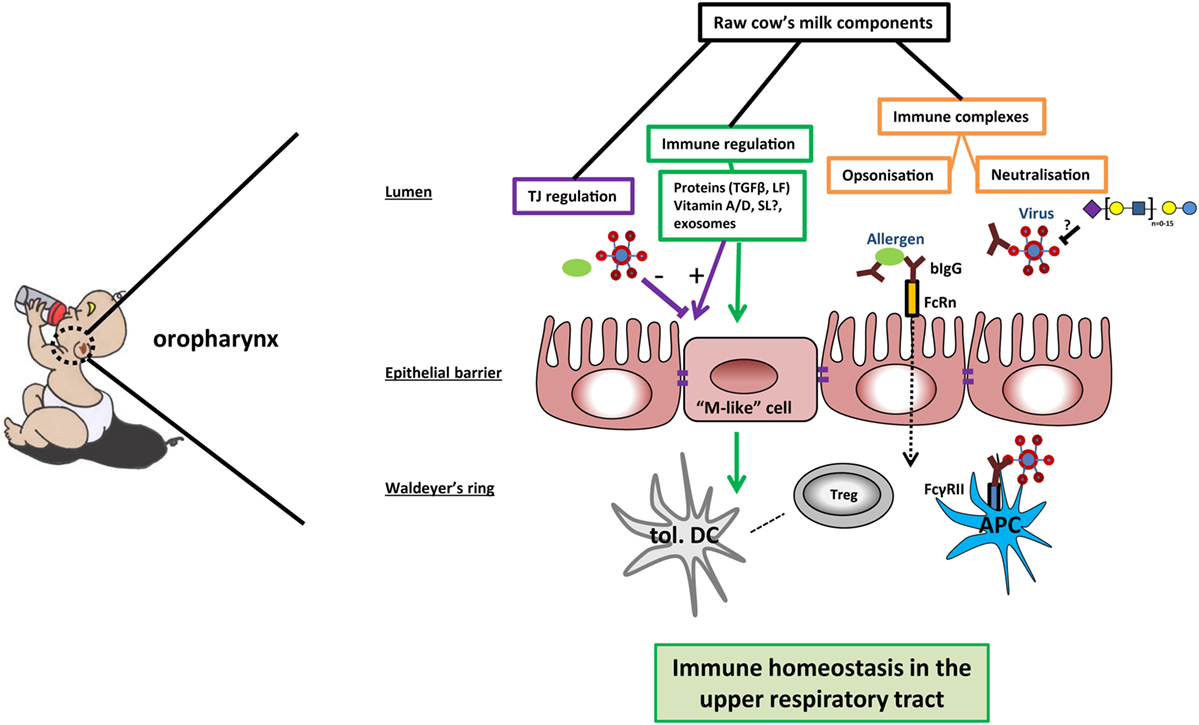





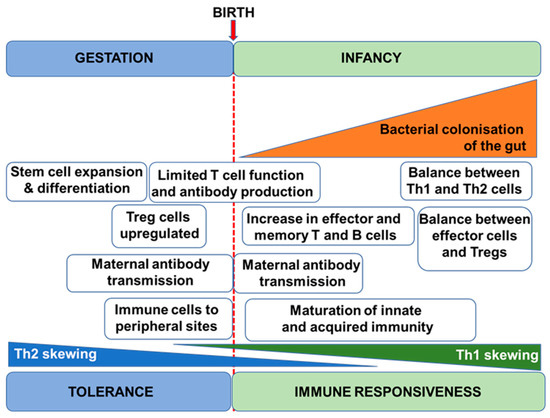



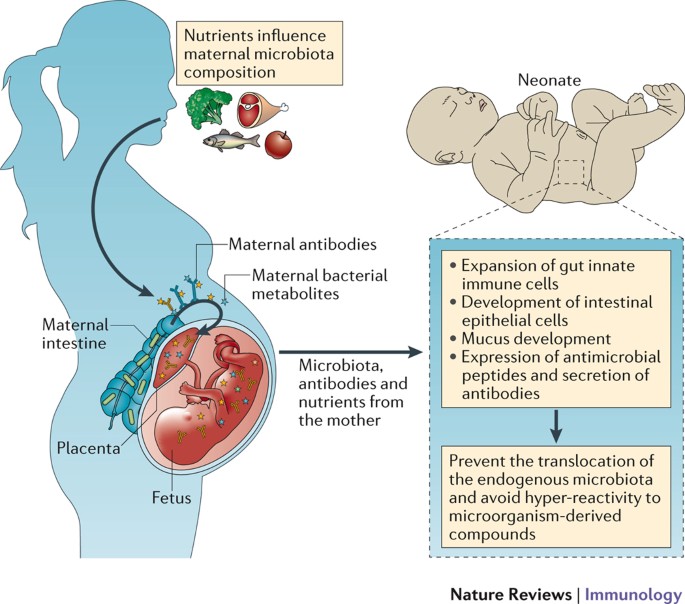



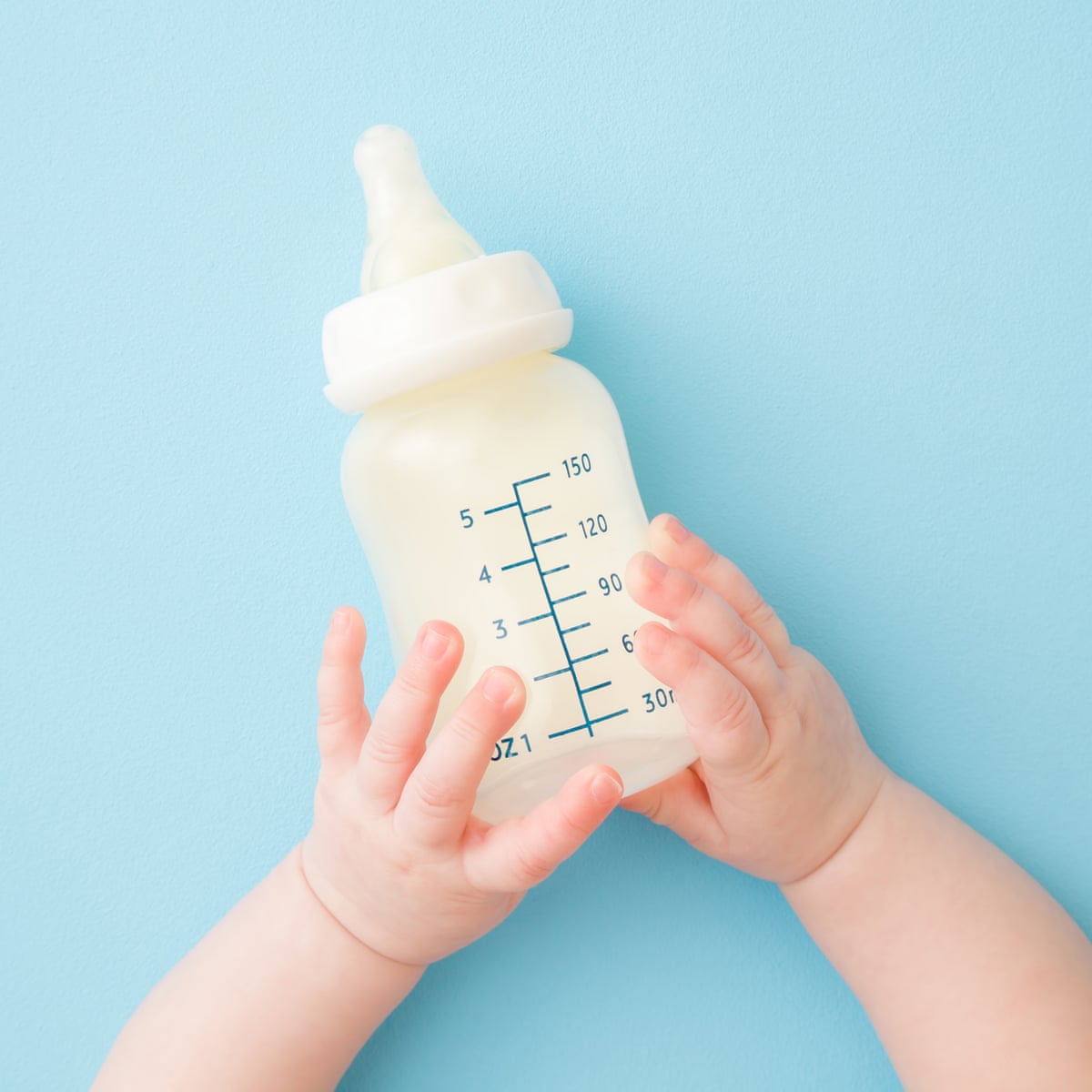

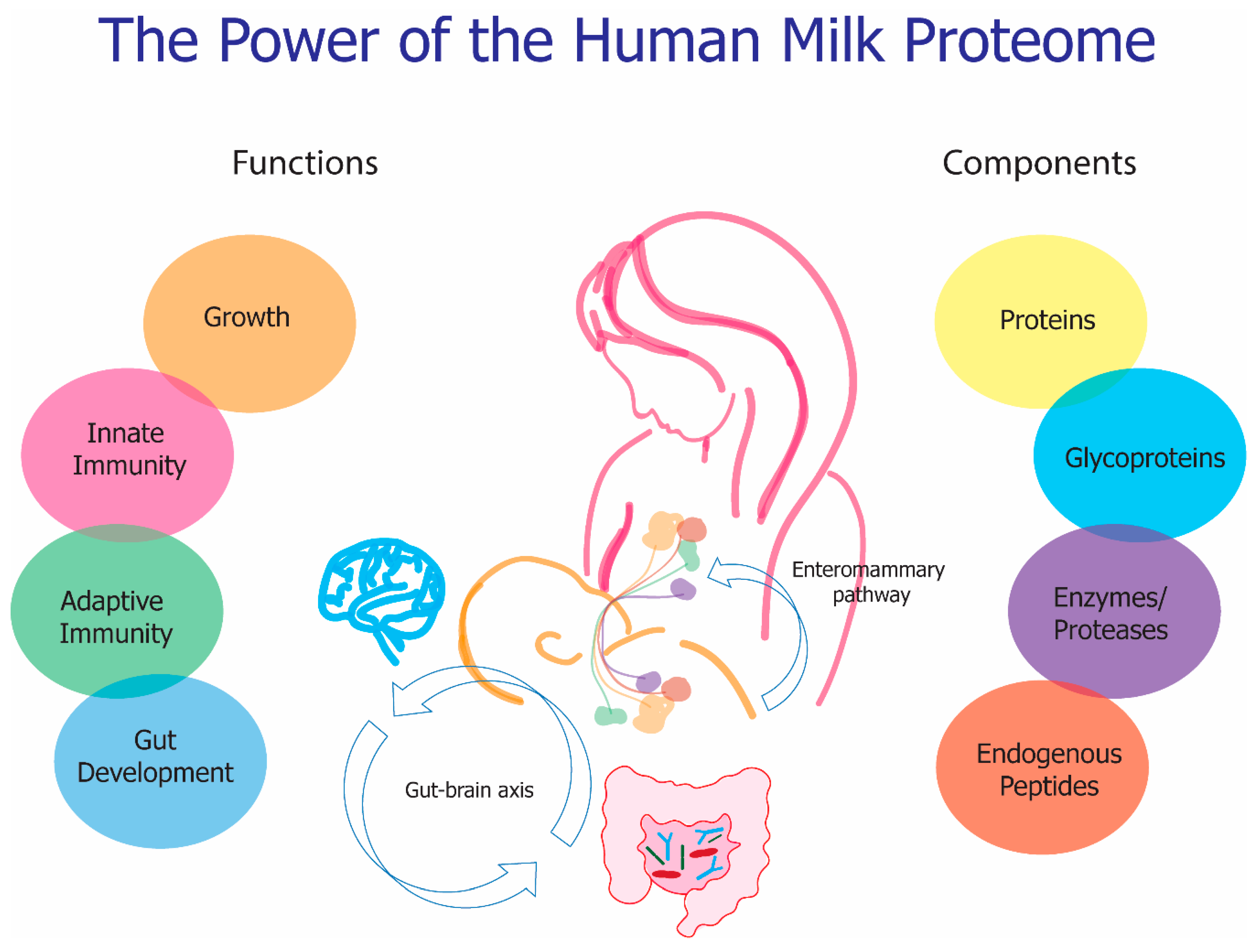
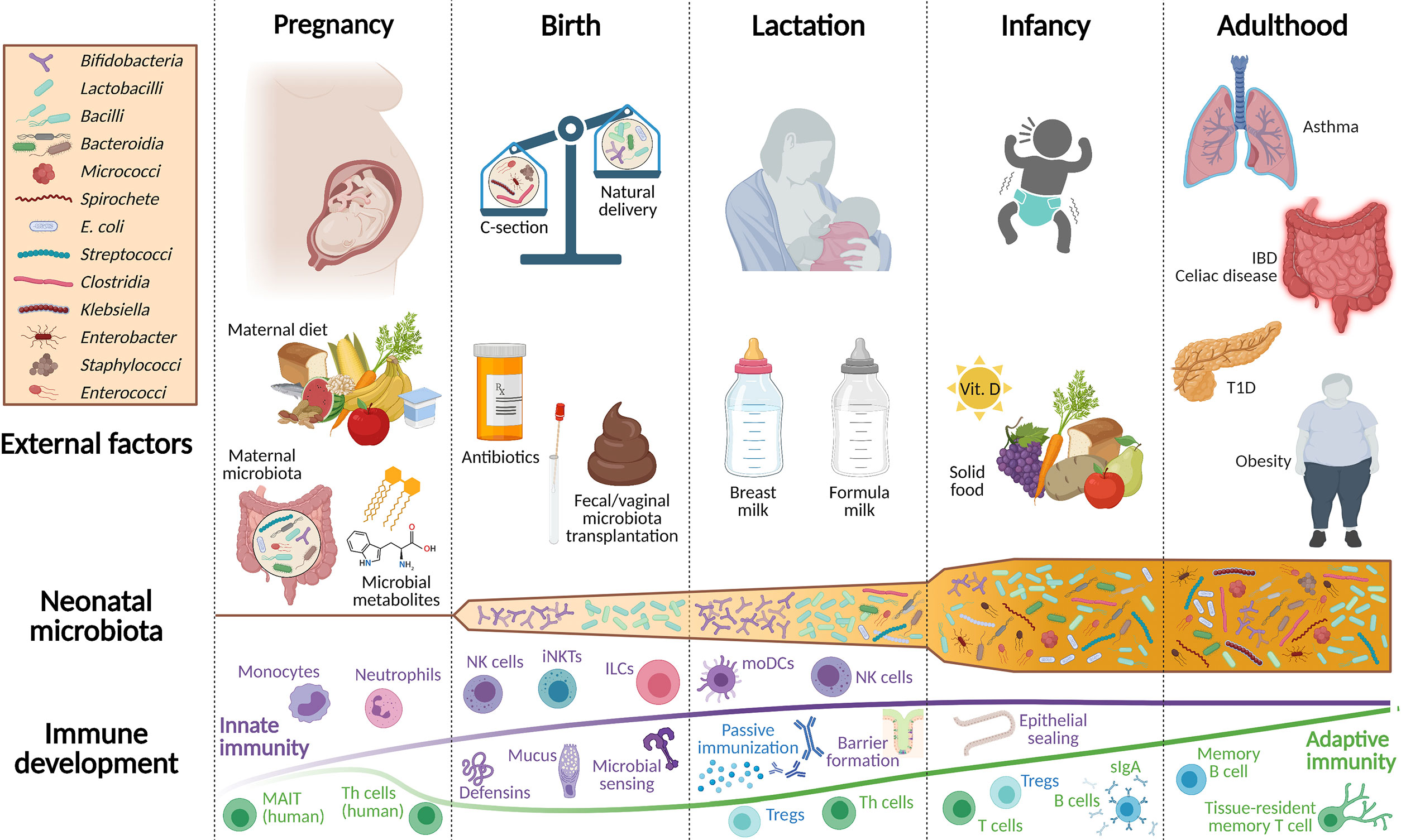
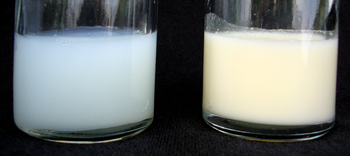


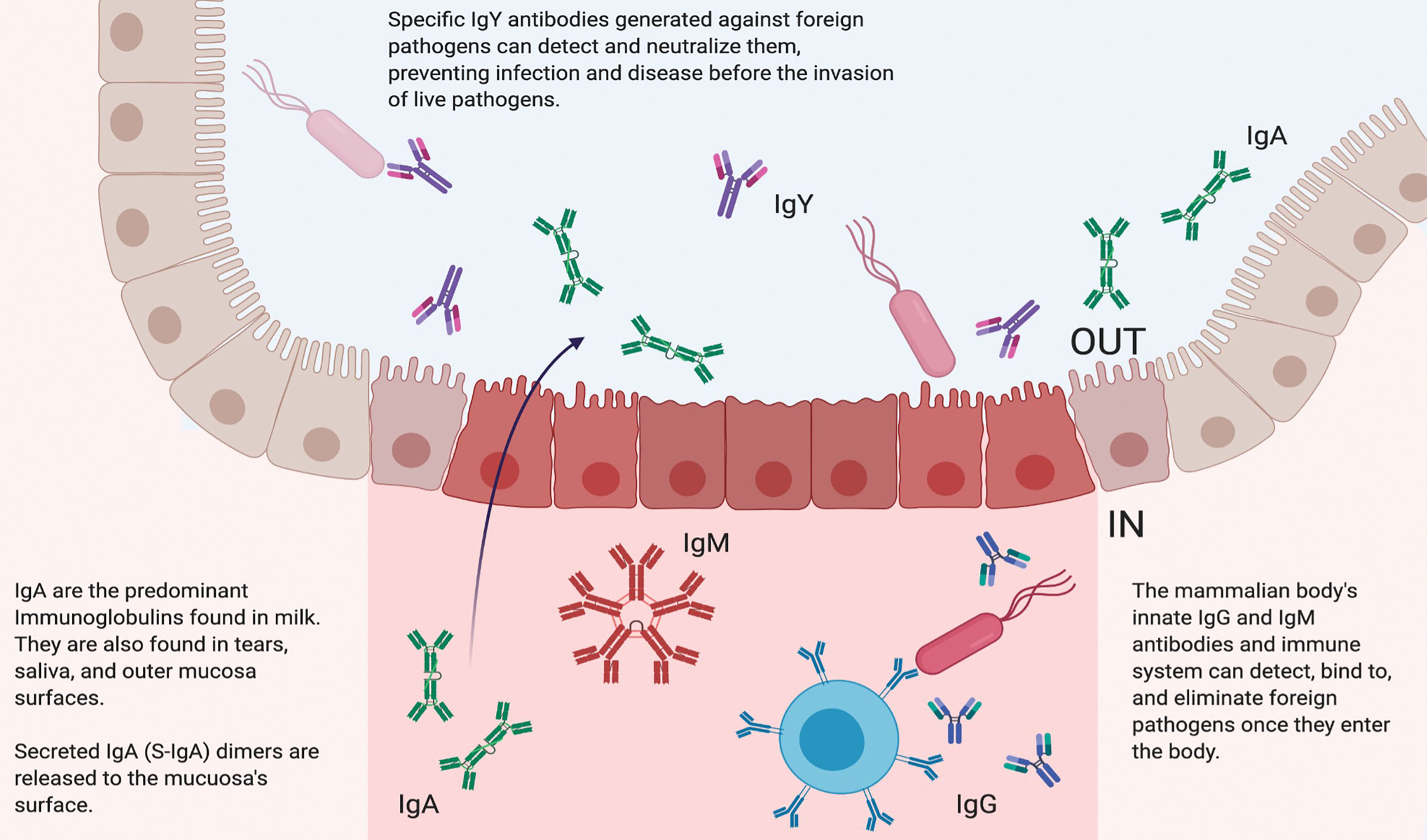

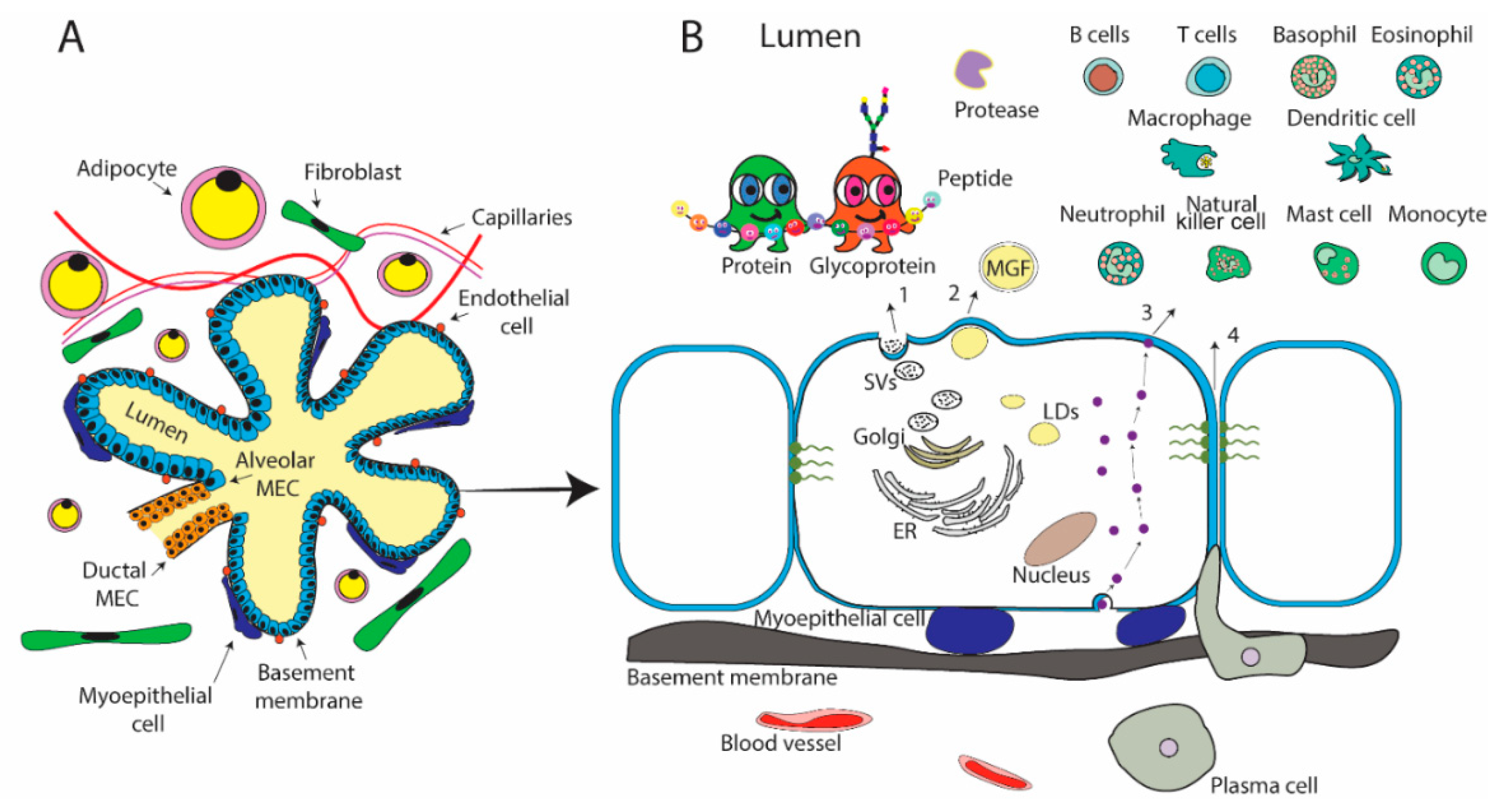
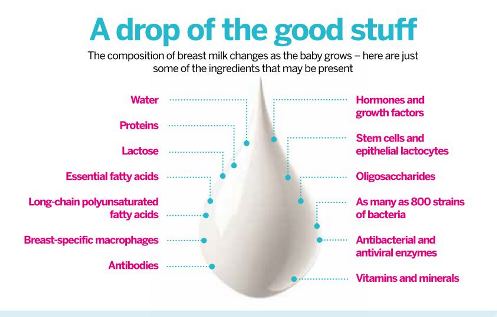

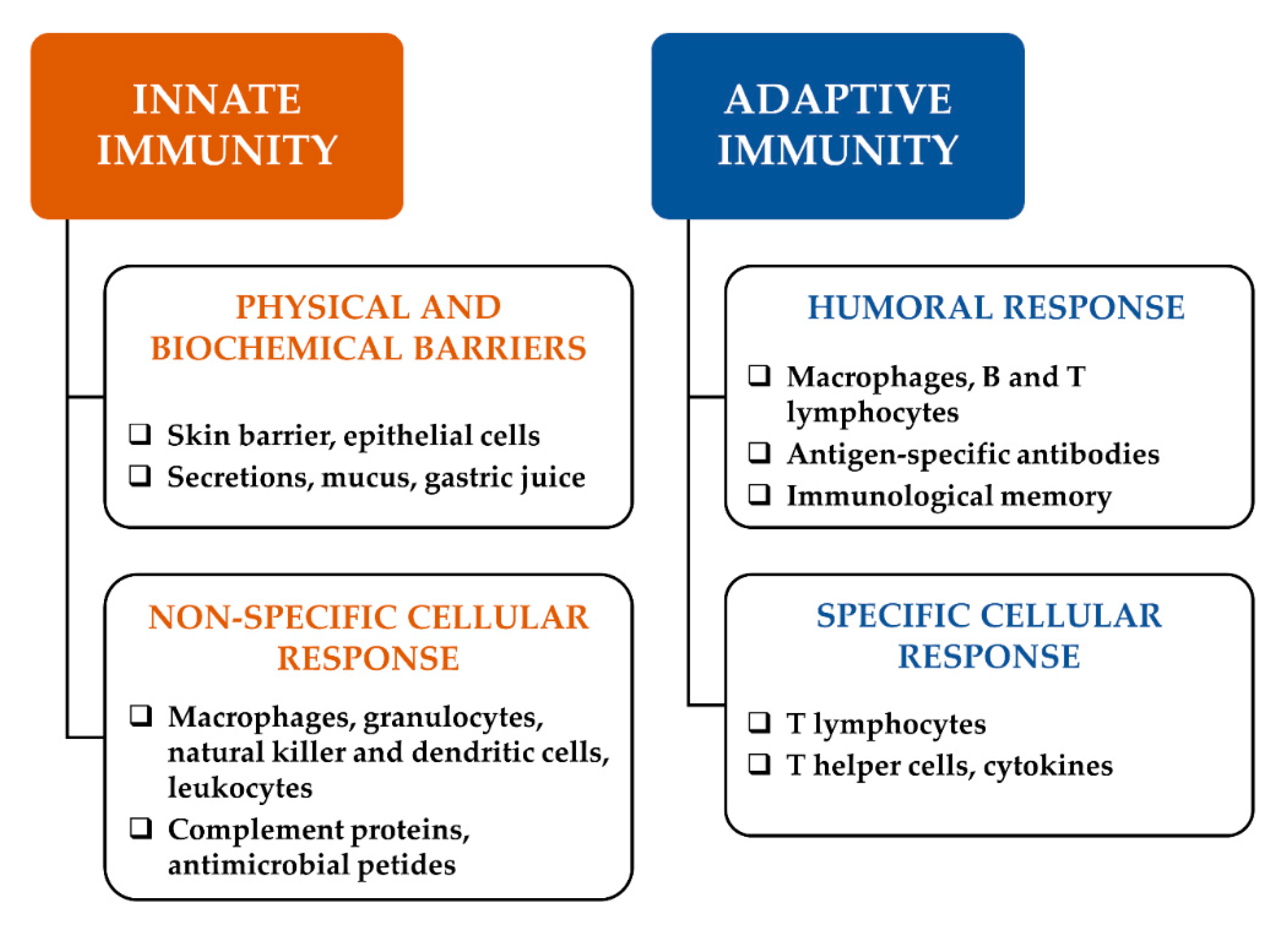


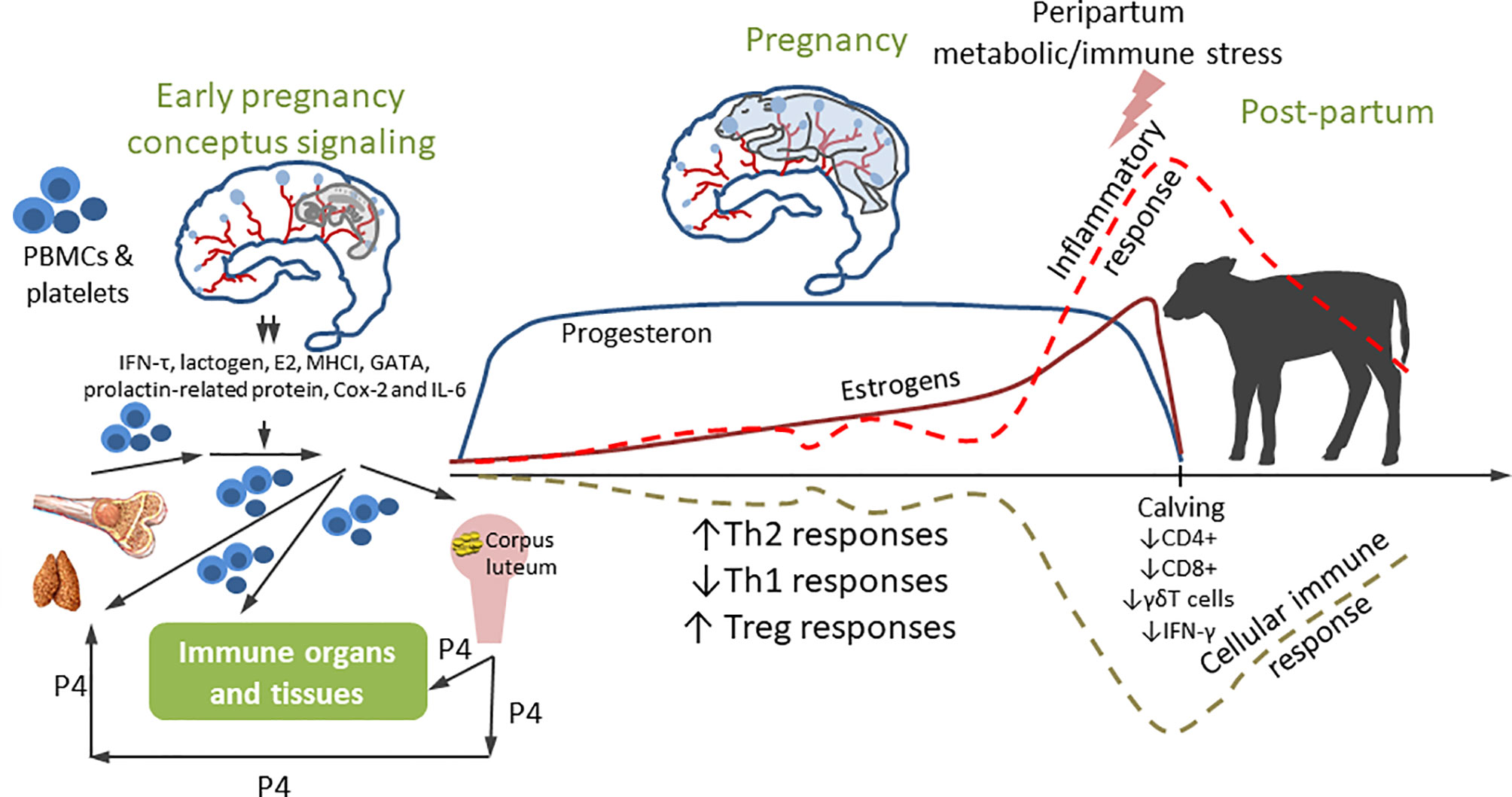


Post a Comment for "Mammalian Milk Contains Antibodies That Are Produced By The Mother's Immune System"